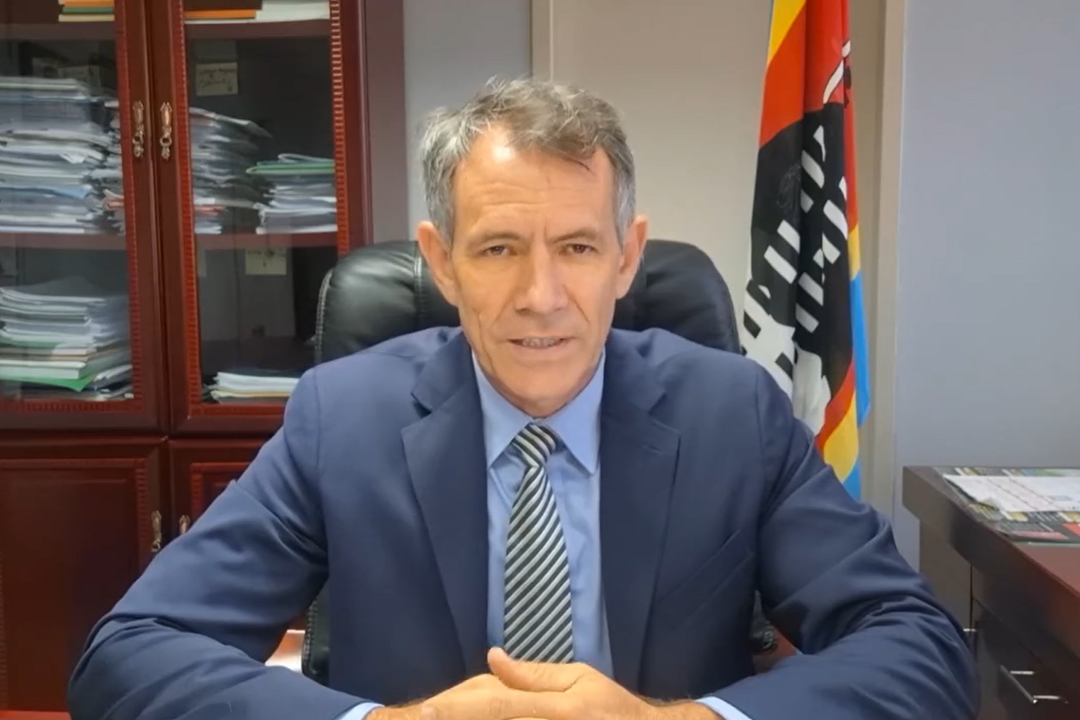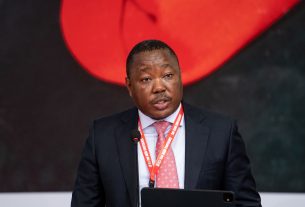BY MBONO MDLULI
MBABANE – societal issues hold back progress.
It is the responsibility of all Emaswati to address societal problems such as gender-based violence (GBV) and corruption to truly experience the benefits of economic growth.
This was the message delivered by Minister of Finance Neal Rijkenberg during today’s episode of #FinanceInFocus, on Wednesday, January 15, 2025.
As his Ministry prepares the 2025/26 budget, expected to be tabled before Parliament between February and March, Rijkenberg emphasized the economic strain caused by these persistent issues.
The Cost of Corrective Measures
The minister highlighted that a significant challenge for the country’s budget lies in the allocation of funds toward corrective measures rather than initiatives aimed at economic growth. For instance, His Majesty’s Correctional Services (HMCS) requires substantial funding due to the high number of incarcerated individuals resulting from criminal activities.
Similarly, crime and corruption cases are often delayed due to backlogs in the judiciary, necessitating increased financial support to expedite case resolutions. Rijkenberg noted that these expenditures detract from activities that could otherwise stimulate the economy.
A Call for Individual Responsibility
To address these issues, Rijkenberg urged Emaswati to take greater personal responsibility rather than relying solely on the government. He stressed that individuals must actively contribute to societal well-being to reduce unnecessary expenses on corrective measures.
“It is not the Ministry of Health’s sole responsibility to ensure Emaswati remain healthy,” said Rijkenberg. “Each individual must prioritize their health by eating nutritious food and exercising regularly.”
Preventing Crime and Corruption
The minister also appealed to the public to discourage criminal activities, emphasizing that such efforts would prevent the needless expenditure of resources on remedial actions. By curbing crime and corruption, funds could be redirected toward initiatives that drive economic development and improve the quality of life for all citizens.
Rijkenberg’s remarks serve as a reminder that collective action and personal accountability are essential for fostering a prosperous and sustainable economy in Eswatini.




